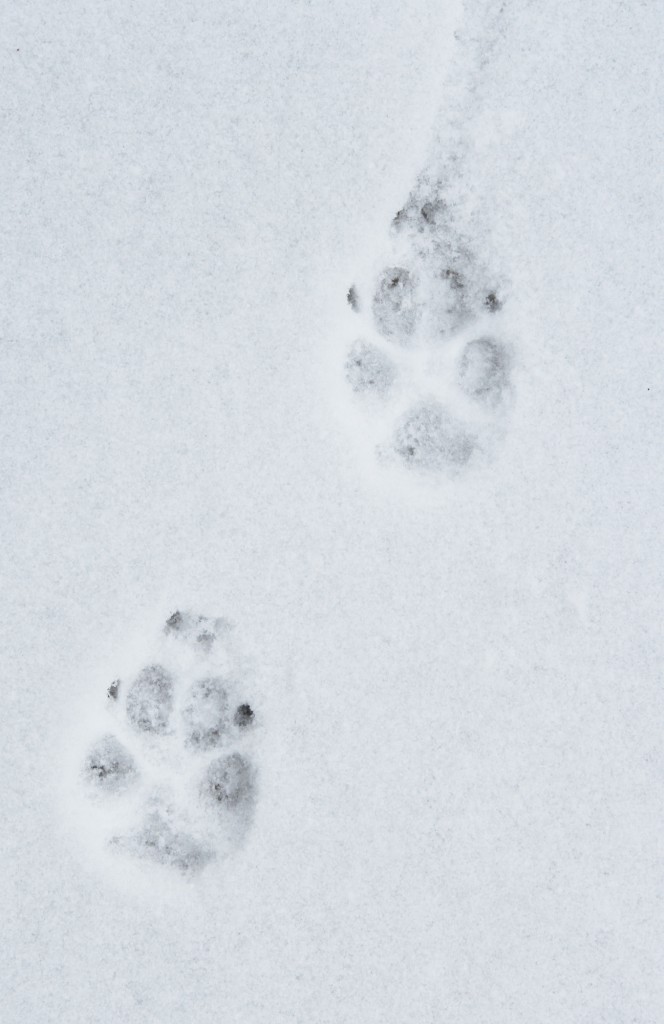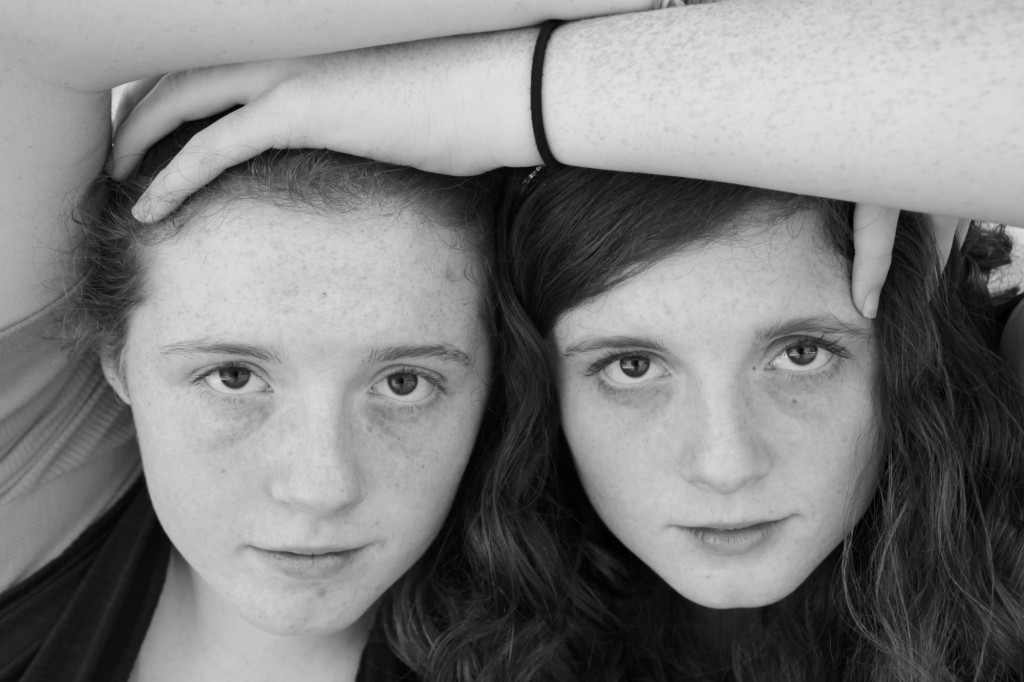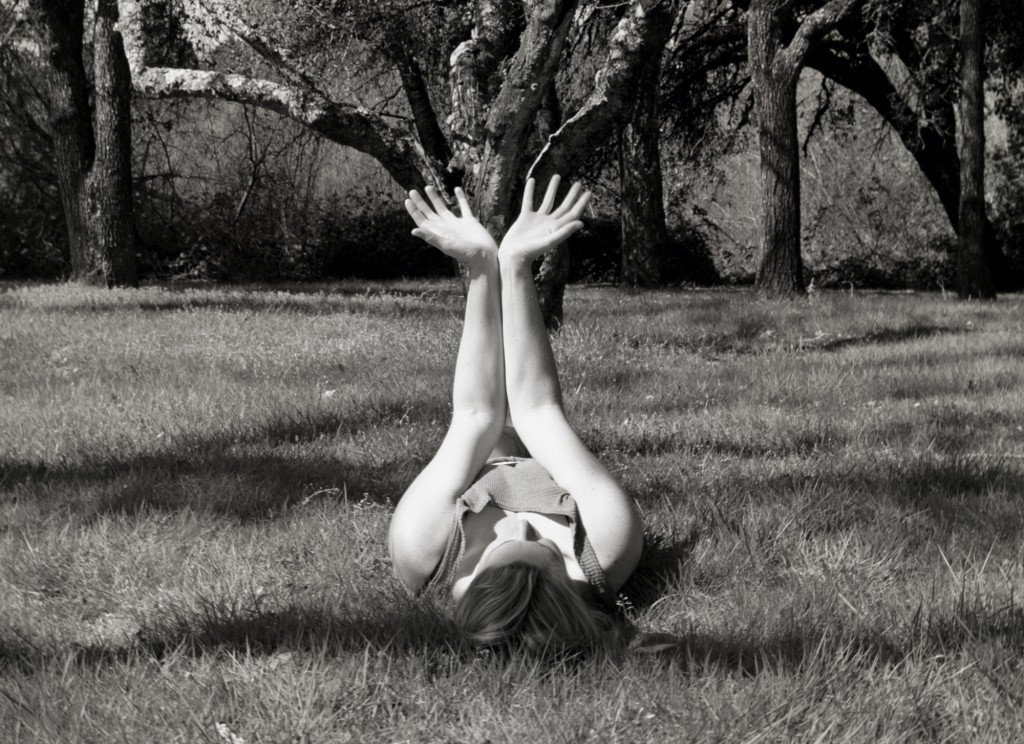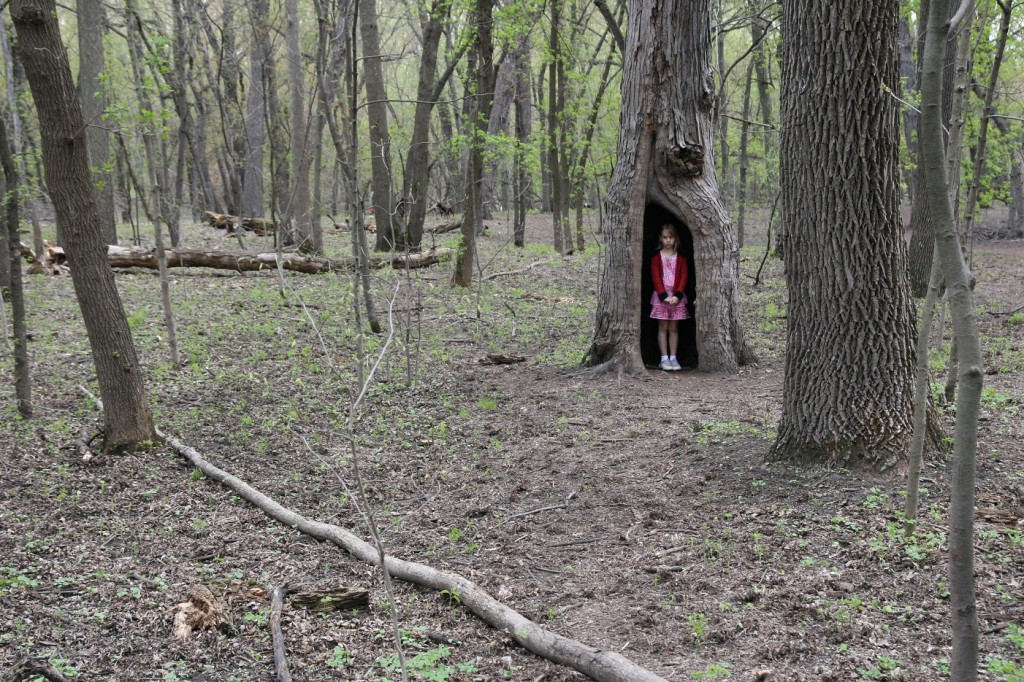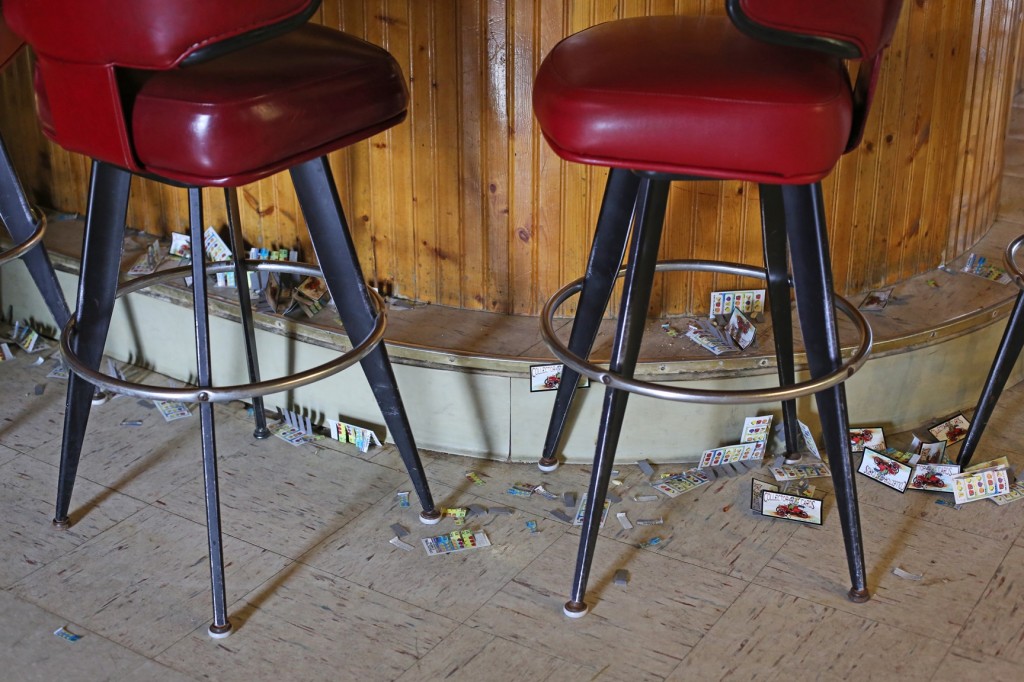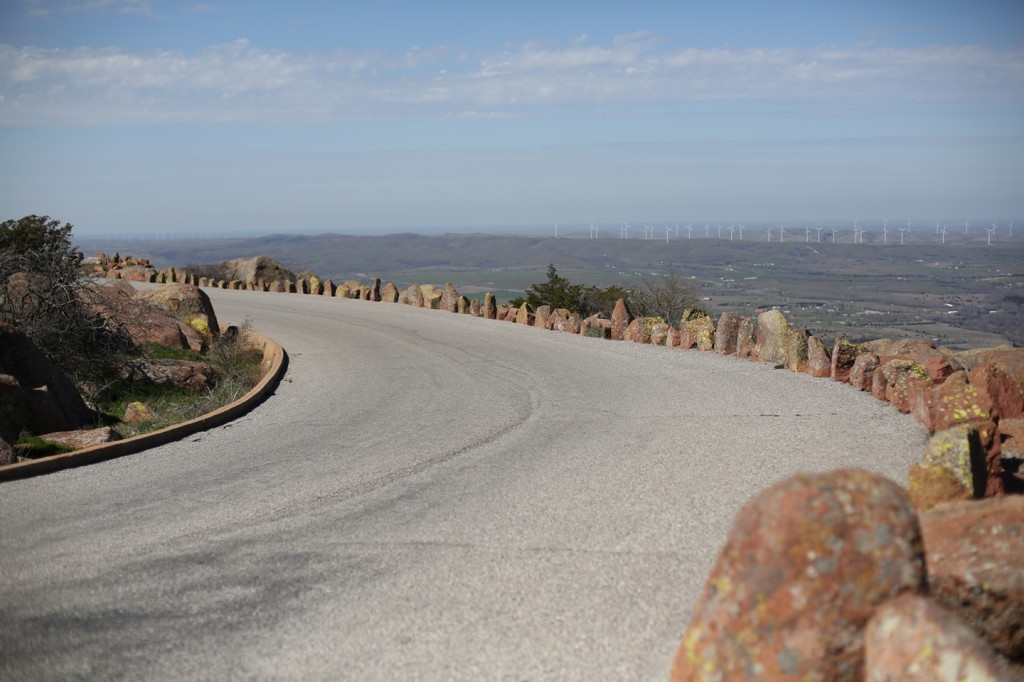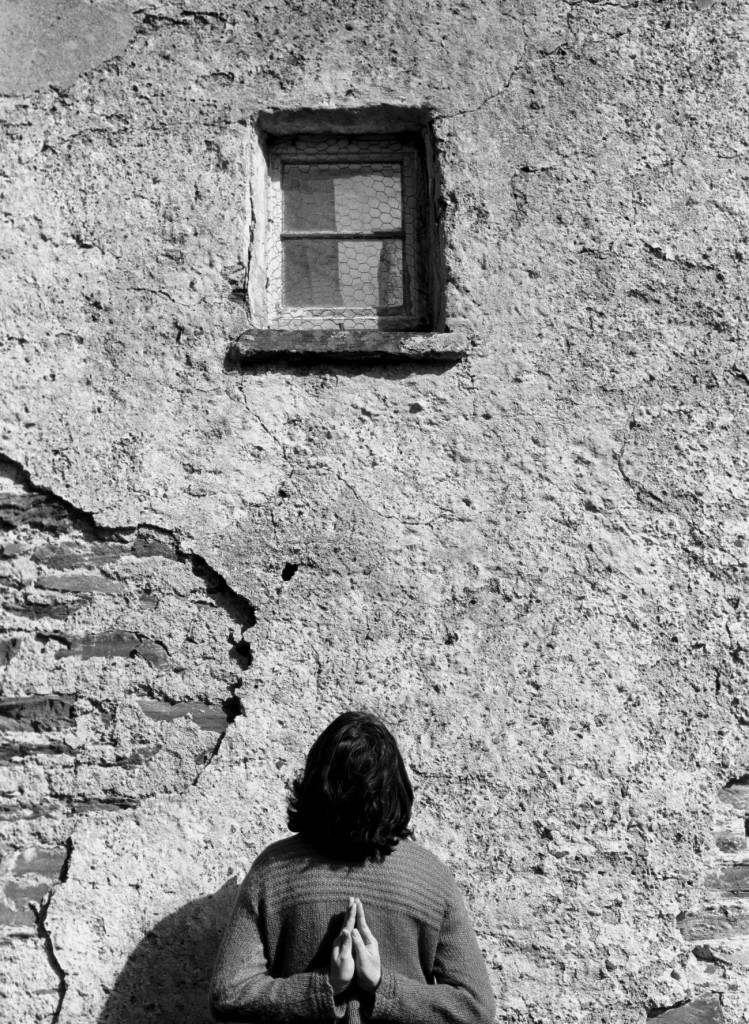
By Dina Strasser
Mandolin? Mandoline? I’ve never been able to figure out the pronunciation of this device or how it connects to music. I have angered it. It has just sliced lengthwise through my right thumb.
I have been battling a series of small but debilitating injuries since I hit my fourth decade—an ankle orthoscopy, plantar fasciitis, arthritic knees, unexpected bursitis in my shoulder. It’s old hat now. Maybe this explains why my first thought is the purely prosaic: “Fuck. Now I can’t finish dinner.”
But there the potato sits, half scalloped; there is the mandoline, so swift and clean in its retribution that I do not bleed until several seconds after I hang my thumb under the running faucet.
The water begins to turn a deep shade of rose. Anthropomorphizing the mandoline is a bad idea. Inaccurate. I turn my hand over, gingerly, and see that there is no flesh behind a portion of my thumbnail.
The shaking starts.
“Honey?” I call.
•••
I have slung my teacher’s bag onto my single shoulder, often dozens of pounds, unprotected, for over a decade. In a misguided fit of back-to-nature, I spent a summer in “minimalist” sneakers, not realizing that my tendons weren’t strong enough to handle the strain. And what preventable loss of focus drew me away from noticing where my fingers had gone today?
Surely, as with all truths, the reality is a confluence of things both within and outside of my control, but I realize as I clutch the bloody paper towels around my hand that this doesn’t matter. I have already decided that I have not earned the right to cry.
I take deep, shuddering breaths over and over as I sit in the lobby of the urgent care facility. “I can’t scare the kids,” I keep thinking, although the kids aren’t there.
My husband negotiates the paperwork.
“You have to sign these,” he finally says, grimacing.
“Seriously?”
The irony makes me laugh, softly, and then a little hysterically.
I grip the pen between my index and middle fingers and, by the fourth form, I have managed something like my name.
•••
“I am not going to be your friend right now,” says the nurse and briskly dumps a syringe full of saline onto my thumb. I am glad my husband is still outside finishing up the papers, so he doesn’t hear my swallowed scream.
A doctor pauses only long enough in the exam room to assure me that I have not damaged any nerves or tendons, that nothing drastic is needed for healing, and to explain that they will place a special foam on my thumb to stop the bleeding. “Okay?” he says. His mouth smiles, and his eyes say, “Now is when I need to smile.”
“Okay,” I say, and he has left before the second syllable hits the air.
The nurse, my husband, and I joke about “Carrot Guy” who came in just before me (now dubbed “Potato Girl”) as the nurse binds me tightly with a pressure dressing and compliments me on my pain tolerance.
I’m grateful. Really. I’ve seen a few doctors recently, and I’m grateful for them all, no matter how busy they are. I try to catch the nurse as we leave, but he wishes us a cheerful goodbye, determinedly eye-contactless, and starts rapidly wiping up the drops of blood I have scattered on the floor. It’s six o’clock, and the office is closing.
My husband scoops up the mandoline the minute we get home. It was expensive, but I don’t feel the slightest bit unhappy about watching him pitch the whole thing into the garbage can, scalloped thumb slice still stuck to the underside. We agree that you’re better off with a plain old knife. You can see where it’s going.
•••
Three days later, I find out what I did to myself officially. It’s Ingrid who tells me, my primary care doctor. She’s unhappy, in the way doctors are unhappy who don’t want to besmirch their colleagues.
“They didn’t give you bandages that wouldn’t stick to the wound?” she says lightly but frowning. The nurse who took me in said something similar but far less diplomatically.
Ingrid has just come back from seeing the patient scheduled after me, allowing me to sit in an examination room and soak the dressing off my thumb in warm salt water. It takes almost an hour. I’ve had to work at it, pulling gently, literally asking my skin aloud to let go of the material and hoping that no one can hear me. The wound is reopened and throbbing out little tendrils of blood into the water by the time it agrees.
I’m disoriented by Ingrid’s question, because she’s staring right at me and typing into her health care software at the same time, without looking at her fingers. It hits me belatedly that she’s doing this on purpose, to make sure I don’t feel sidelined by what her hands are doing.
“It’s called degloving, what you did,” she says. I laugh until I realize that she is using an actual medical term. I am struck by its poetry.
She fills a bag with non-stick gauze, soft antibiotic ointment, and magical bandages that are impregnated with Vaseline, and she redresses my hand. She takes her own right hand and wordlessly rubs my knee for comfort.
•••
I am turning in a tight circle, flapping my arm around as I try to shake off my bathrobe.
“Ah! A penguin in need of assistance!” says my husband, in the plummy tones of Superman.
I grumble wordlessly as the robe drops off my wrist just as I was about to take him up on his offer. As a pair mismatched almost exactly by a foot (I’m five foot three), we have evolved a silent vocabulary of gestures to indicate when I could use a taller person to step in. Standing forlornly in the kitchen with my hand floating in midair means, “Please get that damn coffee mug off the top shelf,” for example. Approaching him silently from behind with a light bulb is also effective.
Today, though, I unequivocally need him not because of my bathrobe, but because I can’t hook my bra straps together. It’s one of those tasks, I discover, which demands working opposable thumbs. I am more and more aware of these kinds of minute movements. I collect them, the way I used to collect small semiprecious gems in grade school. The heel kicks back to close a door when my hands are filled. The fingers hook the collar of a t-shirt to toss it up over the head. The shoulders, astonishingly, comply. Garnets. Rose quartz. Fool’s gold.
My husband, with fingers too large for these delicacies, is fumbling with hooks and eyes. “How do you people do this?” he mutters.
But he was the first to gently pull away the bloody paper towels and just as gently shoo the kids to the neighbors’ house and bundle me into the car. He reached across the seat and buckled me in with the same calm as when he held my hand, almost a decade ago, while I contracted blindly and endlessly to bring our two babies into the world. He saw both resulting c-sections performed behind the curtain placed in front of my head. He was too tall for it to obscure the view.
I finish my ablutions in the bathroom, wrapping up my thumb, lower palm, and wrist with the magic Ingrid bandages, then gauze, then cloth tape.
When I am finished, I open and close my four free fingers over the resulting thick tube for several moments, as if I am making a shadow puppet duck. This shape is reminding me of something, but it takes a while to bring it back.
It’s mittens. I remember suddenly, out of nowhere, how I would stay out for so long on snow days that ice would coalesce into small hail-like balls on the knitted wrists, with strands of wool as their nuclei. I remember the gritty feeling of the wool scraping across my mouth as I took off the mittens with my teeth.
•••
My eleven-year-old daughter has just ripped open a package of litmus papers we’ve ordered for her school science fair project—she’s cleaning pennies with solutions of varying acidities. Once she discovers the rainbow of results, however, she becomes an unstoppable cyclone of litmus testing.
“Oh! Orange juice!” I hear her gasp, and the fridge door rattles open.
I am deciding at our laptop, after a long internal debate, that I’m going to post about my accident on Facebook. I’m preternaturally sensitive to sounding like I’m whining on social media.
I don’t define “degloving” in my post on purpose, hoping people will feel its weird beauty as I did. This turns out, amusingly, to not have been the best idea.
“WORST.GOOGLE.IMAGE.SEARCH.EVER,” a friend responds.
“What else, what else?” my daughter ruminates out loud. “Hair spray!”
“Oh god, it’s not that bad,” I type back, after seeing for myself what “degloving” brings up.
“Bleach!” my daughter sings out.
“Wait, hang on, you don’t have—” I call to her, but she’s already flung herself down into the basement where we do our laundry.
I lurch up from the computer and down into the basement after her, thinking to find her some latex gloves to use. She’s perversely saddened that we don’t have enough corrosive bases in the house for her to get the deep plum shade of the higher numbers of PH.
I don’t find gloves. She could care less. She brightens when she discovers that at least in the PH world, there appears to be no difference between slamming a glass of cranberry juice or one of red wine vinegar. This is good to know.
On the way back up from the basement, I pass the shelf where we store our less-used cooking contraptions. My eyes pass over the standing mixer, the apple peeler, the cherry pitter, and I shudder. I realize that I have now renamed this shelf in my head “Things That Can Hurt Me Really Badly.”
What is getting older but a yawing, a slipping and widening, of that shelf to hold more and more things? Pots. Pans. The stairs. My ankles. Ice. My blood pressure. My brain.
I look down at my hand. How on earth am I going to do this?
My daughter tears off another strip of litmus paper. “Maybe I can spit on it,” she says thoughtfully.
I can’t help it. I laugh, loud and long, and she joins me.
•••
Just before I go to bed, I notice there’s a new comment on my Facebook thumb post. It’s from Rachel, an old college friend, whipsmart and wonderful.
“This is why we don’t own a mandoline,” she writes. “Or a mandolin, which is what autocorrect wants me to own.”
At least I’m not the only one. As I settle down to sleep I picture a clueless, cartoon Autocorrect and I, with a potato in one hand and a mandolin in the other, looking confused.
I cradle my bandaged hand in the crook of my left arm. I’ve re-wrapped it once more, once a day, as Ingrid showed me. “Don’t roll over on it,” my husband says sleepily, already in bed. My daughter is reading quietly about bacteria cultures in her room. The ibuprofen kicks in.
You’re not always going to see where the knife is going. Sometimes you’re going to look for a stringed instrument to make music, and find it is a bloody blade instead.
But what else is there to do? You reach out. You strip off your gloves. You play.
•••
DINA STRASSER is a language arts educator of many stripes. She has been published in the New York Times, The London Times Online, and Orion Online, and she runs an award-winning blog on education at http://theline.edublogs.org. This is her second essay for Full Grown People.

 Follow
Follow
